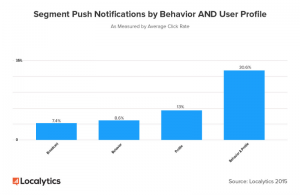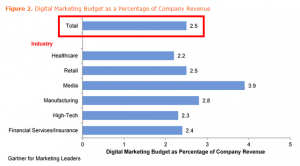This year what factors are your startups tracking and hanging on to? There are so many dependencies. From the Coronavirus to market trends, and more, there are a ton of circumstances, and a few more to consider, which I’ll cover in this blog post.
Of course, there are metrics that every startup should measure. Product market fit, customer acquisition, and customer engagement, just to name a few. In any event, the end game is to create long-term value and convince your stakeholders that you’re making the right business decisions.
However, are there behaviors that startups can influence to alter business decisions that you may not have considered? Yes! Here’s some quick additional metrics:
Empower employees to reduce customer attrition – Allow your employees to make decisions, and fast. They can act quickly to resolve any customer concerns and be accountable to your customers. Make right on the customers’ issues or questions. Lastly, have high value and low-cost incentives to give away, if necessary.
Track customer satisfaction through their behavior – Look beyond whether or not your customers like/comment/share about your brand or have positive/negative feedback. Additionally, focus on how much they’re using your product/platforms and how. Many of our startup clients “land and expand” with their customers. To do so, they know which parts of their solutions are being used and how their customers are using them.
Start looking forward with your ARR measurement – As quoted in CFO, “(the) right KPI is exit ARR (annual recurring revenue), a metric sometimes used by other SaaS companies,” says Samuel Monti, Epicor Software. “Exit ARR is the total value of annual recurring revenue for all current, committed contracts. It’s a 12-month, forward-looking measure that considers bookings that haven’t started yet or been recognized plus the revenue the company is recognizing.”
This post originally appeared on 2pinz.com
Business & Finance Articles on Business 2 Community
(61)
Report Post






